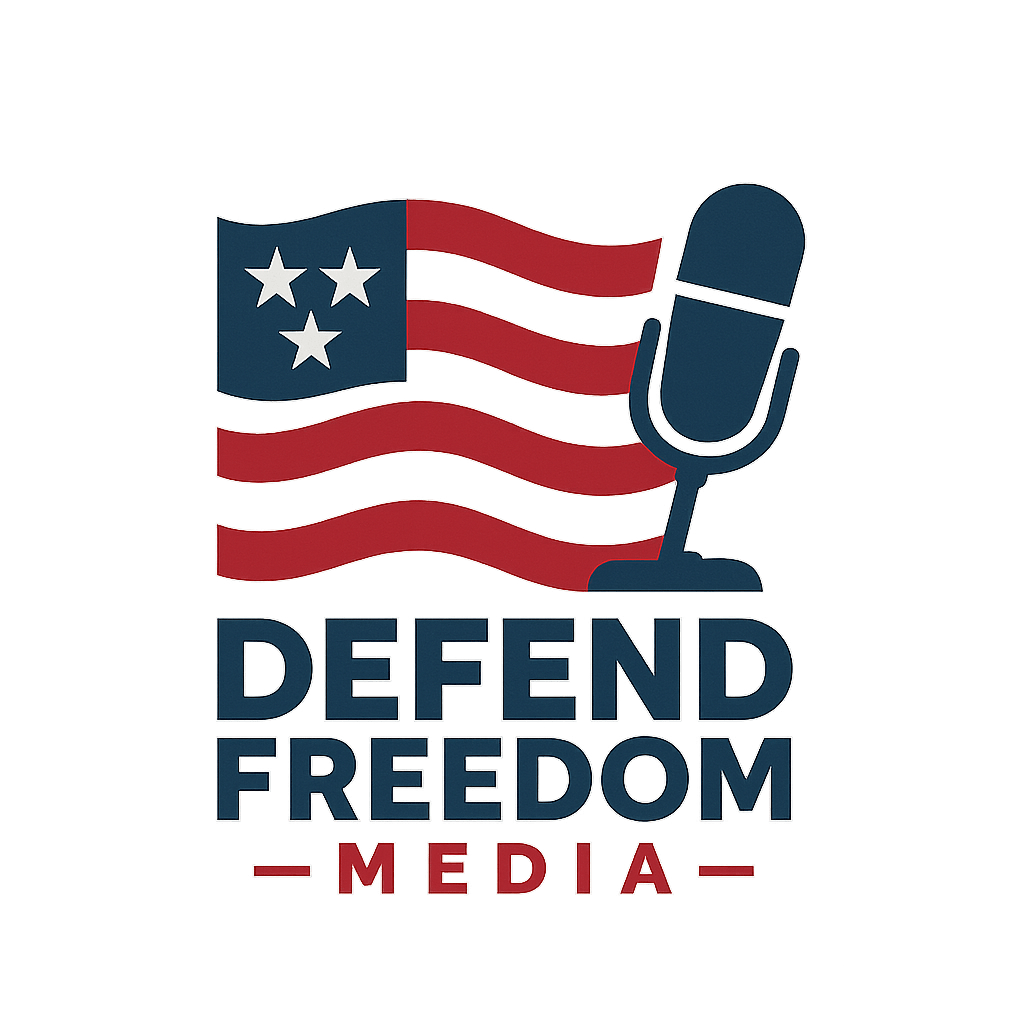
Exploring the Controversial Lawsuit Against the NSSF
Recently, the National Shooting Sports Foundation (NSSF) became embroiled in a contentious lawsuit that many are calling the "craziest anti-gun lawsuit seen in years." Filed by a relatively new attorney, Riley Breakell, the lawsuit alleges that the NSSF has violated the privacy of firearms buyers by compiling their personal information into a database for political purposes. This complaint has ignited passionate discourse among gun rights advocates as well as advocacy groups for gun control.
Legal Background of the Case
The lawsuit, Cocanour et al. v. National Shooting Sports Foundation, Inc., claims that the NSSF received personal data from warranty cards filled out by gun buyers without compensating them. Proponents of the lawsuit argue that this constitutes a breach of privacy rights, while opponents maintain that such data collection is standard practice in many industries.
According to the plaintiffs, Daniel Cocanour of Oklahoma and Dale Rimkus of Illinois, their rights were compromised when they filled out warranty cards after purchasing firearms. The suit alleges that the NSSF used their information for political gains without consent. However, critics argue that the lawsuit lacks substantive legal grounding, failing to cite a specific law barring such practices. It appears to distill down to one count: unjust enrichment, suggesting that the NSSF had gained benefits from information they received—information that is commonplace across various commercial transactions.
The Outcry from Traditional Media
As the lawsuit gained attention, traditional media outlets celebrated the legal action, framing it as a significant step toward accountability in the gun industry. According to ProPublica, the case mirrors findings from their investigative reporting, which accused the NSSF of engaging in decades-long practices that compromised the privacy of gun owners. Interestingly, the conventional press lauded the attorneys behind the lawsuit while largely neglecting to dissect the legal merits of the complaint itself.
Counterarguments and Divided Perspectives
Commentators on both sides of the aisle have robustly debated the implications of this lawsuit. Gun rights activists view the attempt to hold the NSSF accountable as yet another episode in an ongoing battle between gun ownership rights and regulations. On the other hand, gun control advocates perceive the lawsuit as a critical development in the fight for consumer protection, expressing concerns about the ethical implications of gun manufacturers handling of personal data.
For instance, privacy experts highlight that many companies, including those in the firearms industry, are required under federal law to comply with their own privacy policies. With the NSSF allegedly profiting from the use of personal information without consent, critics claim it showcases a potential hypocrisy within the industry that touts individual privacy while violating that very principle.
Future Implications and Industry Reactions
The outcome of this lawsuit could set significant precedents on how the firearm industry handles personal data in the future. If the plaintiffs succeed in their claims, it would not only challenge existing norms around privacy within the gun industry but also encourage more vigorous scrutiny of how personal information is utilized across all consumer sectors.
Furthermore, as attorneys prepare their arguments, onlookers are left to speculate whether this lawsuit is merely part of a broader trend of using litigation as a strategy to influence public policy in favor of gun control. The legal battles surrounding the NSSF illustrate a complex intersection of privacy rights, consumer protection, and political agendas that resonate deeply within American society today.
Final Thoughts
The complexity of this lawsuit illustrates the ongoing tensions surrounding gun rights and consumer privacy. As it develops further in the judicial system, it will undoubtedly draw attention from both proponents and opponents of gun control, each using this case to bolster their respective narratives. In light of the increasing interconnectedness between industries and privacy laws, the direction this lawsuit takes could have ramifications far beyond just the firearms sector.
 Add Row
Add Row  Add
Add 




Write A Comment